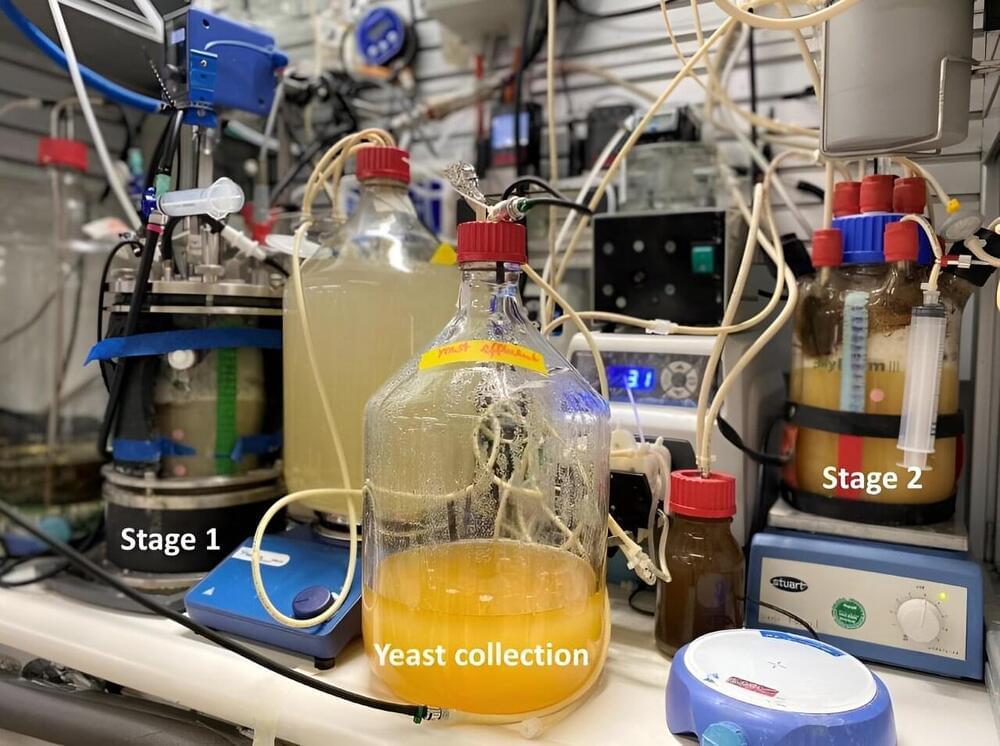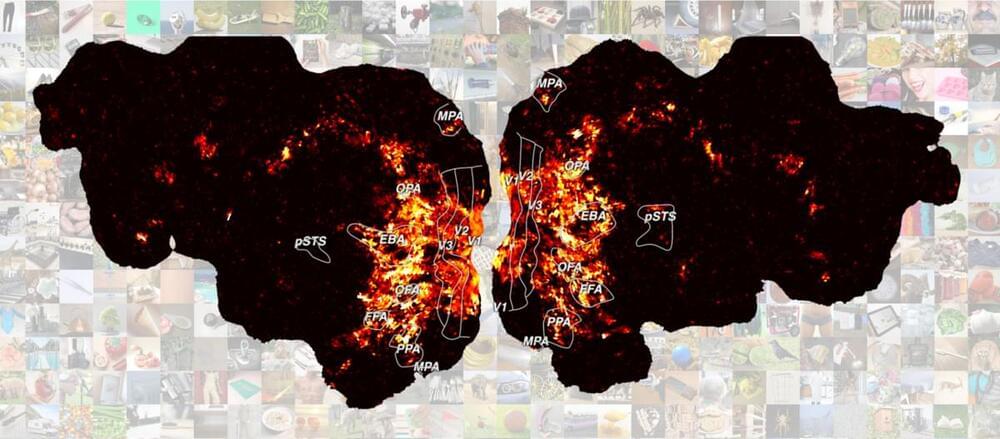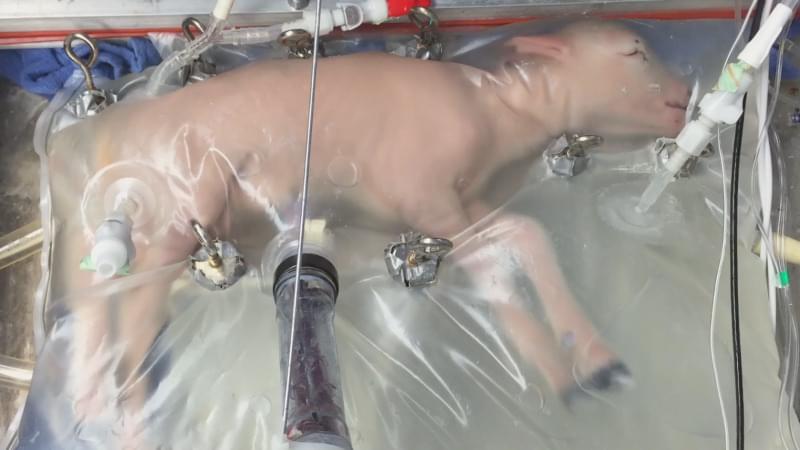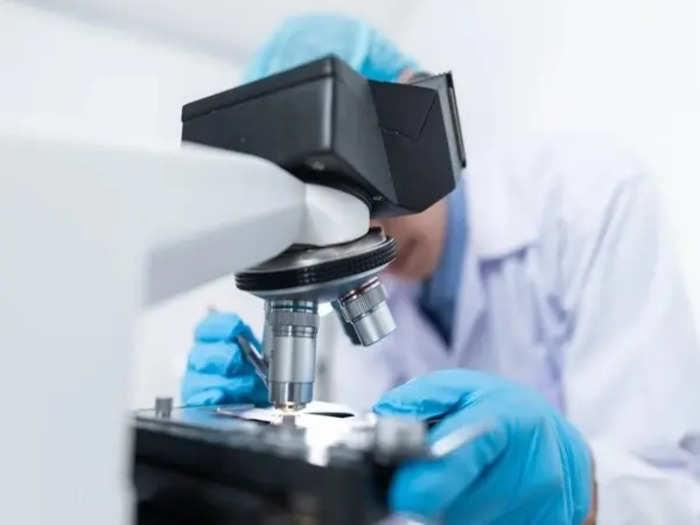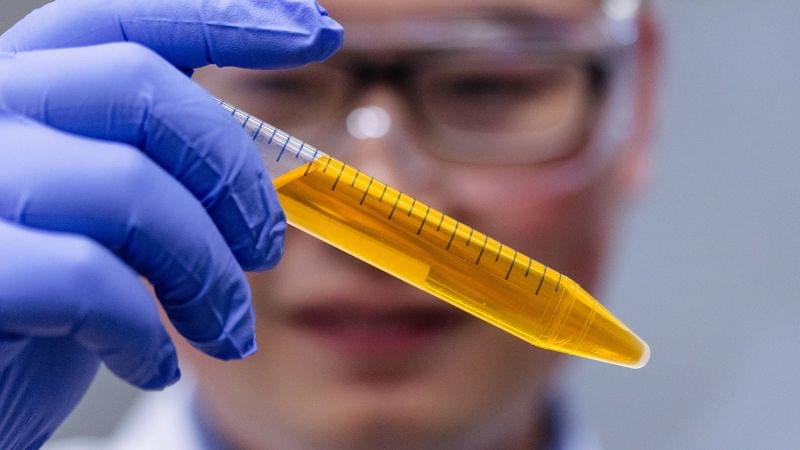A new study has uncovered significant differences in how male and female mice process threats, even as they exhibit similar behavioural responses. The discovery suggests that including both male and female subjects in neuroscience research will lead to more accurate conclusions and ultimately better health outcomes. Understanding the influence of sex on brain function can help explain why males and females develop certain psychiatric disorders at different rates or with different symptoms, the researchers said. ‘Unless we thoughtfully and rigorously integrate sex into biomedical research, a huge amount of the population may be underserved by scientific knowledge,’ said McGill University Associate Professor and Canada Research Chair in Behavioural Neurogenomics Rosemary Bagot, who led the study. ‘Our work shows that sex is an important variable to consider, even if initial observations don’t necessarily show clear sex differences,” said Bagot. “If males and females are using different brain circuits to solve similar problems, they may be differently vulnerable to stress and respond differently to treatments.’ How brain circuits process threats and cues The study focused on two related brain circuits and their roles in processing information about threats and the cues that predict them. The researchers trained mice to recognize a sound that signalled a threat and another sound that meant safety. By observing brain activity, the team saw how communication between different brain areas processed these signals. Then, they temporarily turned off each brain connection to see how it affected the mice’s reactions, helping them understand how the brain handles threats. ‘We found that even though male and female mice respond similarly to threats, the brain circuits underlying these responses are not the same,’ Bagot said. For female mice, a connection between two specific brain areas (the medial prefrontal cortex and the nucleus accumbens) played a key role. The study found that in male mice, a different connection (between the ventral hippocampus and the nucleus accumbens) was more important for handling the same situation. It was previously assumed that similar behavior meant similar brain function. Now, the researchers are exploring how sex impacts brain circuits in processing threats, focusing on the role of sex hormones and different learning strategies. This research is supported by funding from CIHR. About the study Sex-biased neural encoding of threat discrimination in nucleus accumbens afferents drives suppression of reward behavior by Jessie Muir, Eshaan Iyer et al., was published in Nature Neuroscience.

